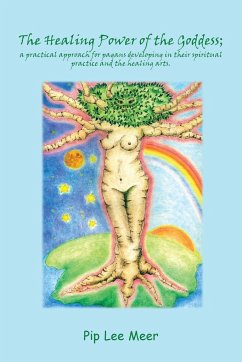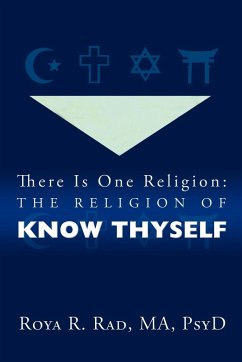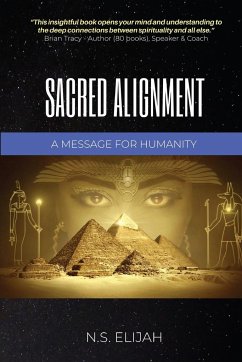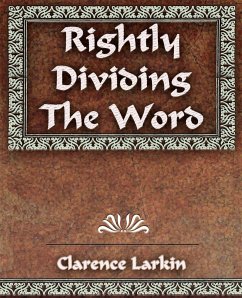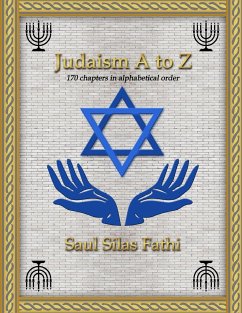Nicht lieferbar
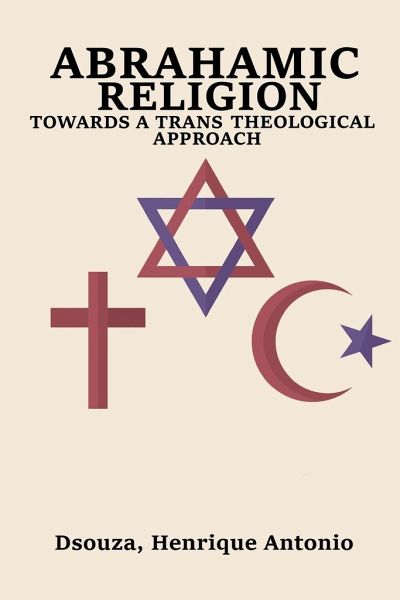
Abrahamic Religion Towards a Trans Theological Approach
Versandkostenfrei!
Nicht lieferbar
INTRODUCTION Is a reconciliation among Abrahamic religions1 possible? A question of this nature is both critical and relevant in this world ridden with violence and terror. While humanity has made progress by leaps and bounds in the area of science and technology, yet when it comes to religions, it appears that there is a moral slump as violence and terror is being used by religions to foster their agenda. The violence and terror that is emanating from Abrahamic beliefs become the hermeneutics of facticity2 that provides for a platform for researchers to seek novel approaches towards the under...
INTRODUCTION Is a reconciliation among Abrahamic religions1 possible? A question of this nature is both critical and relevant in this world ridden with violence and terror. While humanity has made progress by leaps and bounds in the area of science and technology, yet when it comes to religions, it appears that there is a moral slump as violence and terror is being used by religions to foster their agenda. The violence and terror that is emanating from Abrahamic beliefs become the hermeneutics of facticity2 that provides for a platform for researchers to seek novel approaches towards the understanding of the Abrahamic and the revision in God thinking. Facticity characterizes the way Abrahamic beliefs are 'there' (da)3 in the world. All humanity, cultures and religions exist in a factual situation and hermeneutics that explicates this human condition is hermeneutics of facticity. Facticity lays out the human plight of being 'thrown' into the world4 and it opens up various possibilities. The facticity of Abrahamic religions manifests its state of fallenness. Hence, the hermeneutics of facticity of the Abrahamic faiths offers different ways of approaching them. The hermeneutics of facticity that has been adopted as an epistemic location in the context of this study is not a Platonic escape5 in the other world, but rather a 1 The Abrahamic religions refer to three sister monotheistic religions (Judaism, Christianity, and Islam) that claim the prophet, Abraham. They are called Abrahamic religions because they all trace their genealogy to Abraham. Abraham is the spiritual ancestor of three world religions who profess faith in the One True God. 2 Hermeneutics of facticity is the way in which the faithful of the Abrahamic religions interpret and understand how God exists and presents himself in this world. 3 Heidegger's understanding of being 'there' as famously expressed in the word 'Dasein'. 4 Daniel O. Dahlstrom, (2013) The Heidegger Dictionary, London: A & C Black, p.212. 5A. S. Ferguson, (1922) "Plato's Simile of Light. Part II. The Allegory of the Cave (Continued)", The Classical Quarterly, Vol.16, No.1, pp.15-28. According to Plato's philosophy of the ideal world, the present world is nothing more than an illusion, and hence, all his philosophy returns and refers to the ideal world. Our existence in this world he says is bondage. If we were to escape our bondage miraculously, we would encounter another "realm," a place incomprehensible because, theoretically, it is the source of a higher reality than the one we have always known; it is the realm of pure Form, pure fact. Escaping from this experience to another world which one may deem to be true shall only hinder the redemption of our thinking from inquiring into what we are on a constant look out for in our study of the Abrahamic religions.







